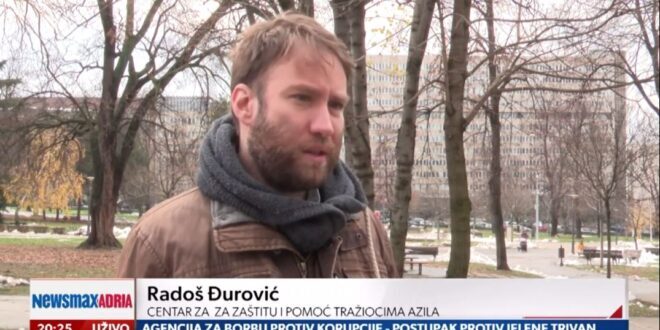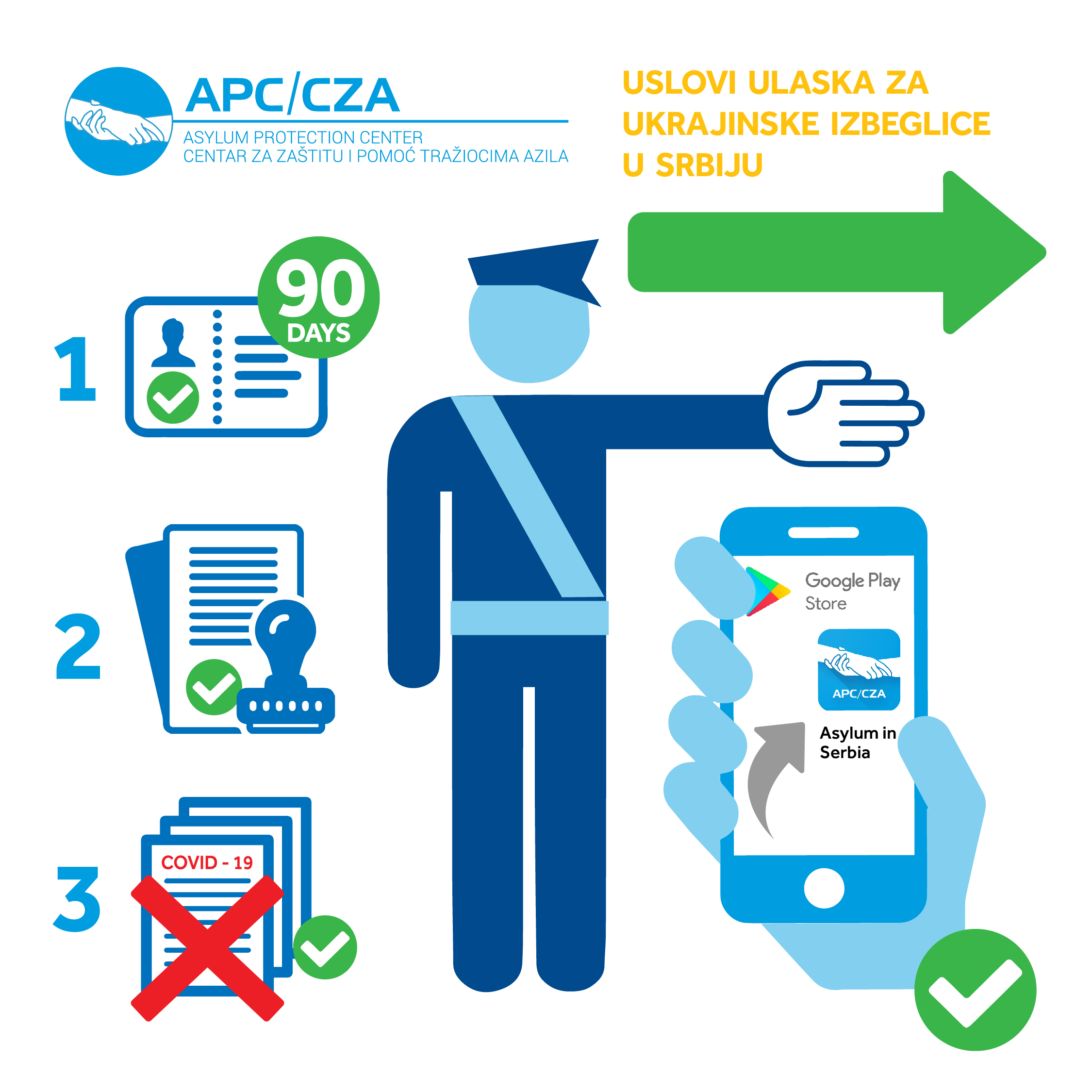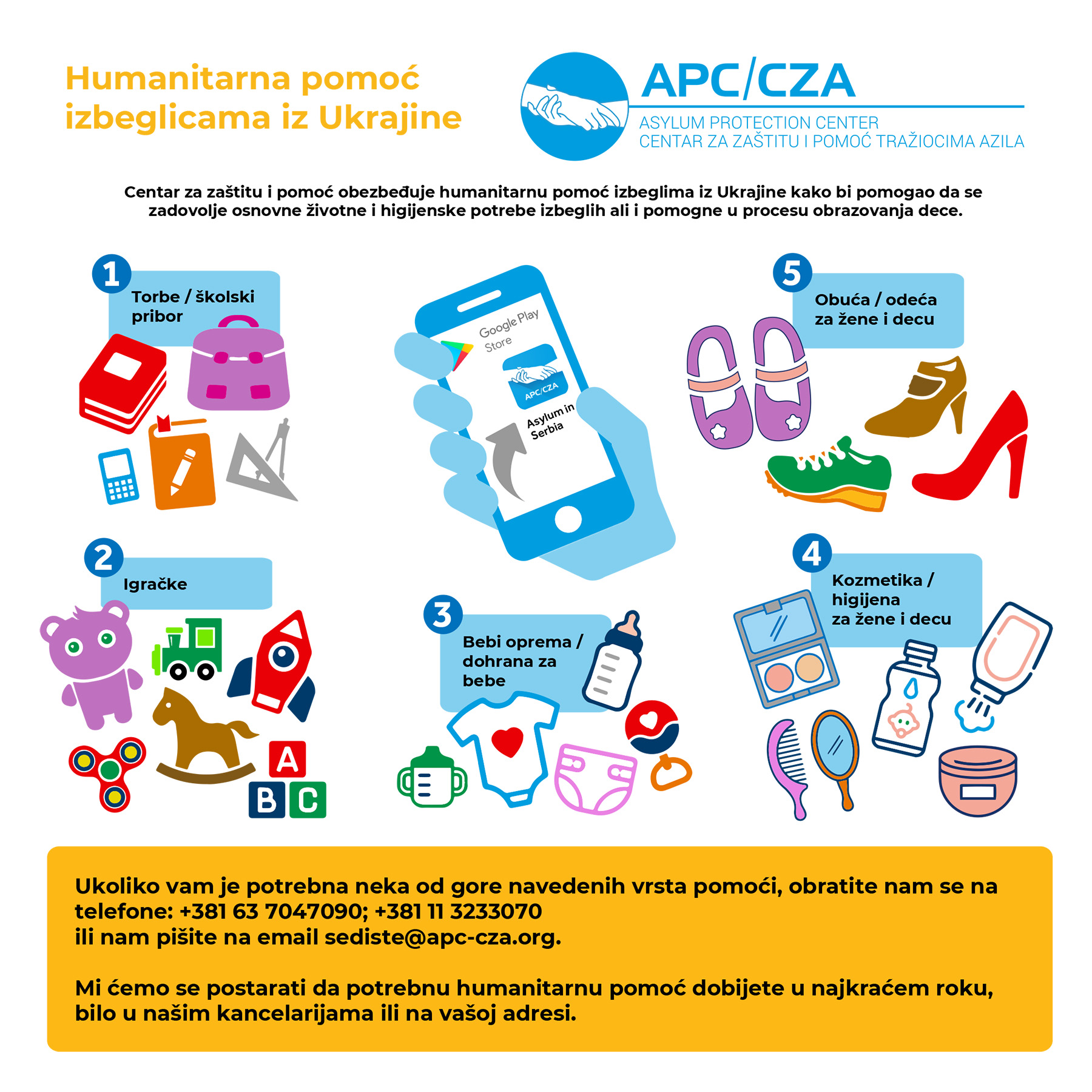Source: Nova
Belgrade, 12/18/2021- Serbia welcomes Migrants Day as a country on the border of the EU, through which the large number of migrants without regulated status pass and reside, and all this is accompanied by a negative attitude and rhetoric toward migrants, which has been constantly growing since 2020 in the Serbian society, assessed today the executive director of Asylum Protection Center, Radoš Đurović.
In a statement to the Beta agency on the occasion of December 18, International Migrants Day, Đurović assessed that the system in Serbia “does not work quickly and efficiently” to determine the legal status of migrants, so as he said, it is not known who is a refugee, who is fleeing because of famine and poverty, who may be a refugee due to the climate change, and who may be an economic migrant.
“It exposes these people to the danger of becoming victims of various crimes, criminal and smuggling groups, human traffickers, but also of becoming victims of violence and discrimination while staying in Serbia.” This creates problems for the institutions of the system because they do not know who of the irregular migrants have which rights and obligations and who should they help,” said Đurović.
He assessed that for the media and citizens, the unregulated position of migrants creates dilemmas about who has the right to stay in Serbia and who does not, who has which rights and obligations in the local environment and how to treat which category of migrants, which he stated, opens up space for various misinformation and the spread of prejudices and fears in society.
“Negative attitude and rhetoric toward migrants have not stopped growing in the Serbian society since the beginning of 2020 until today,” warned Đurović and stated that in the first six months of this year, according to the testimony of the migrants themselves, more than 410 cases of illegal expulsion were recorded from Serbia to North Macedonia.
He assessed that violence against migrants is “still significantly less” present in the south of Serbia than on the borders with Croatia, Hungary and Romania as the EU members, but added that “there is a fear this will also take a turn for the worse in the coming period, having in mind the testimonies of migrants who talk about the violence they suffer from members of our border forces”.
“On the field, it is becoming more and more clear that Serbia, in the south is increasingly following the policies and practices of its northern EU neighbors when it comes to the attitude toward migration and migrants who are growingly arriving through the Balkan route via Turkey and Greece,” added the executive director of Asylum Protection Center.
 AzilSrbija AzilSrbija
AzilSrbija AzilSrbija





